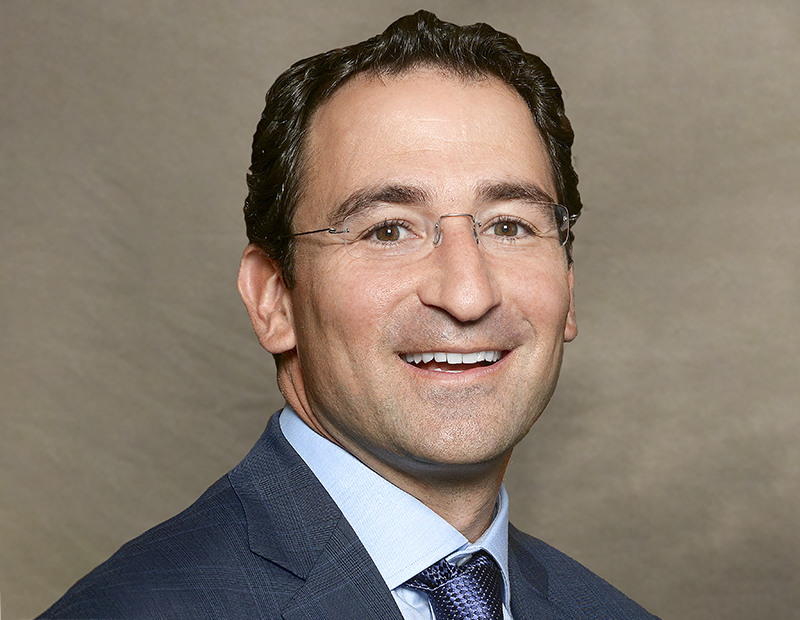The Unknown Future of Housing Finance Reform
The consensus at the Mortgage Bankers Association 2017 Annual Convention and Expo in Denver is that housing finance reform needs to occur, and that conservatorship of the GSEs should end.
By Chris Nebenzahl
 The consensus at the Mortgage Bankers Association 2017 Annual Convention and Expo in Denver is that housing finance reform needs to occur, and the near 10-year federal government conservatorship of government sponsored enterprises (GSEs) Fannie Mae and Freddie Mac should end. Isaac Boltansky, director, Policy Research at Compass Point Research and Trading; Jaret Seiberg, managing director, Financial Services and Housing Policy Analyst at Cowen Washington Research Group; and Michael Stegman, senior fellow, Housing Finance Program, Center for Financial Markets at the Milken Institute, joined Rodrigo Lopez, 2017 MBA Chairman, to discuss the importance of housing finance reform, and the likelihood of meaningful legislation being passed.
The consensus at the Mortgage Bankers Association 2017 Annual Convention and Expo in Denver is that housing finance reform needs to occur, and the near 10-year federal government conservatorship of government sponsored enterprises (GSEs) Fannie Mae and Freddie Mac should end. Isaac Boltansky, director, Policy Research at Compass Point Research and Trading; Jaret Seiberg, managing director, Financial Services and Housing Policy Analyst at Cowen Washington Research Group; and Michael Stegman, senior fellow, Housing Finance Program, Center for Financial Markets at the Milken Institute, joined Rodrigo Lopez, 2017 MBA Chairman, to discuss the importance of housing finance reform, and the likelihood of meaningful legislation being passed.
While all three panelists agreed that reform should happen, they were also pessimistic that reform will be proposed, let alone pass. Boltanksy set the odds of reform at 10 percent, while the other panelists were slightly more optimistic, but none expected any substantial change until 2019 or beyond. The importance of housing finance reform lies in the uncertain future of the Federal Housing Finance Agency (FHFA) Director, according to the panelists. Melvin Watt, the current Director of the FHFA, will see his term expire in 2019, and like many of President Trump’s appointments, the front-runner candidates are unknown.
Reform
Widespread reform would require congressional legislation, noted Watt on Monday, October 23rd, in his address to the convention; however, the FHFA Director does have the ability to affect change through his administration of the GSEs. In fact, under Watt’s leadership, small scale reform has taken place, such as altering credit scoring standards and modifying loan applications to make it easier for non-English speakers to apply for loans.
The concern of many policy experts is that a new FHFA Director may materially limit the GSE’s. Boltansky offered the possibility of Jeb Hensarling as the next Director of the FHFA. The Republican Congressman and chairman of the House Financial Services Committee is an outspoken challenger of Fannie Mae and Freddie Mac. Instead, the panelists expressed interest in Acting Deputy Director of the Division of Conservatorship, Bob Ryan, as a candidate who would lead the FHFA toward steady reform. A strongly conservative FHFA Director, such as Hensarling, may gut many of the current policies that support GSE lending and affordable housing.
Affordable housing
When it comes to affordable housing, Stegman, who also served as a senior policy advisor for housing during the Obama administration, explained that a middle ground will need to be sought by both Democrats and Republicans, and to do so, creative thinking will need to come to the table. Seiberg noted that affordable housing policy is often perceived as a liberal and progressive cause, which is met by a knee-jerk reaction from republicans, when in reality affordable housing should be a goal of both parties as it benefits the overall housing market.
Another key player in the housing finance reform discussion is raising eyebrows in Washington as Senator Bob Corker continues to engage in spirited dialogue with the president via Twitter, and his recent announcement that he will not seek re-election in 2018 adds a wrinkle to the reform debate. A longtime proponent of reform, Corker introduced a bipartisan bill in 2013 alongside Senator Mark Warner to wind down GSE conservatorship, but the bill eventually failed. With 15 months remaining in Washington will Corker put all his energy and political will towards achieving reform, or will his impending absence limit his persuasive and legislative ability?
Despite the overwhelming agreement that housing finance reform should occur, the probability seems low, which leaves the door open for potential change from within the FHFA in the coming years. What that change will be remains uncertain, leaving many housing finance professionals and policy experts scratching their heads.







You must be logged in to post a comment.